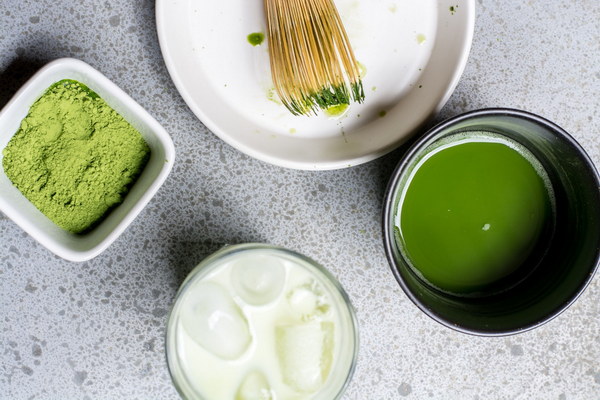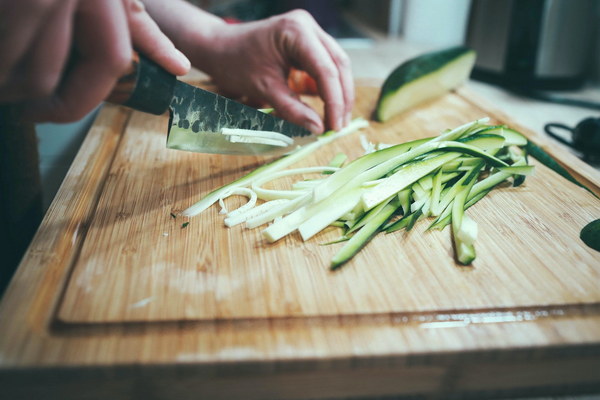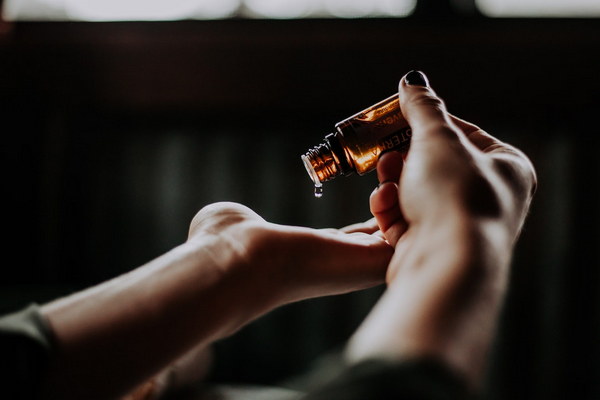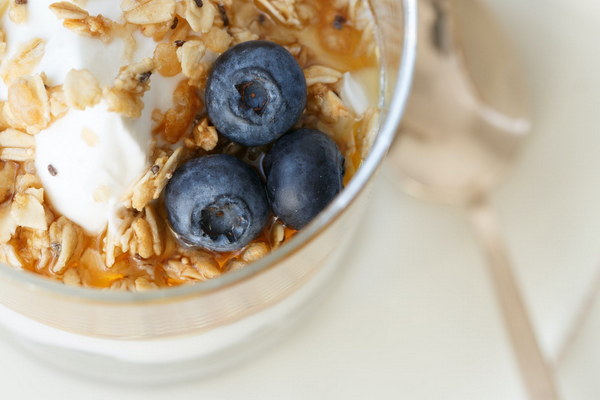Springtime Tips for the Elderly Nurturing Liver Health and Preventing Liver Depression
As the world awakens from its winter slumber, springtime arrives, bringing with it the promise of renewal and growth. For the elderly, this season also serves as a crucial period for nurturing liver health and preventing liver depression. The liver, often referred to as the body's filter, plays a vital role in detoxifying and purifying the blood, supporting digestion, and maintaining overall health. However, as we age, our bodies may become more susceptible to liver-related issues. Here are some springtime tips for the elderly to help them maintain a healthy liver and prevent liver depression.
1. Adopt a Balanced Diet
Elderly individuals should focus on incorporating liver-friendly foods into their diet. A balanced diet rich in fruits, vegetables, whole grains, lean proteins, and healthy fats can help support liver function. Some liver-boosting foods include:
- Leafy greens such as spinach, kale, and collard greens, which are high in chlorophyll and help in detoxifying the liver.
- Cruciferous vegetables like broccoli, cauliflower, and Brussels sprouts, which contain compounds that support liver health.
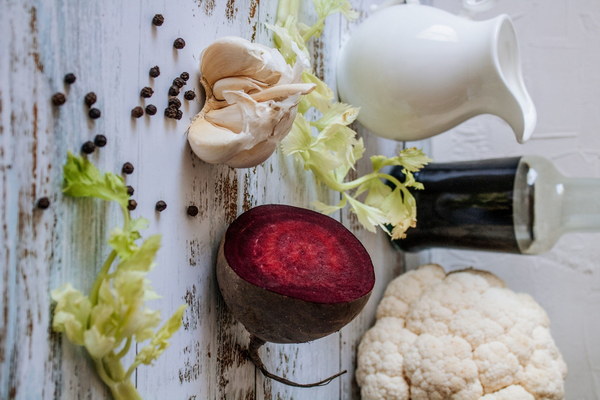
- Nuts and seeds, such as almonds, walnuts, and flaxseeds, which are rich in omega-3 fatty acids and antioxidants.
- Berries, which are packed with antioxidants and can help reduce inflammation.
2. Stay Hydrated
Proper hydration is essential for liver health, as it helps in the elimination of toxins from the body. The elderly should aim to drink at least eight glasses of water daily, or more if they engage in physical activities or reside in a warm climate.
3. Engage in Regular Exercise
Exercise plays a crucial role in promoting liver health. Regular physical activity can improve blood circulation, help manage weight, and enhance the liver's ability to filter out toxins. Gentle exercises such as walking, swimming, or yoga are suitable for the elderly and can provide numerous health benefits.
4. Get Adequate Sleep
Adequate sleep is vital for overall health, including liver function. The elderly should aim for 7-9 hours of quality sleep each night. Establishing a regular sleep schedule and creating a comfortable sleep environment can help improve sleep quality.
5. Manage Stress
Stress can have a detrimental effect on liver health. The elderly should find healthy ways to manage stress, such as:
- Practicing relaxation techniques such as deep breathing, meditation, or mindfulness.
- Engaging in hobbies or activities they enjoy.
- Seeking social support from family and friends.
6. Avoid Harmful Substances
The elderly should avoid or minimize their intake of harmful substances such as alcohol, tobacco, and excessive caffeine. These substances can put additional stress on the liver and hinder its ability to function properly.
7. Regular Check-ups
Regular medical check-ups are crucial for monitoring liver health, especially for individuals with pre-existing liver conditions. The elderly should discuss their diet, lifestyle, and any concerns with their healthcare provider to ensure they are taking appropriate steps to maintain a healthy liver.
In conclusion, springtime offers a perfect opportunity for the elderly to focus on liver health and prevent liver depression. By adopting a balanced diet, staying hydrated, engaging in regular exercise, managing stress, avoiding harmful substances, and maintaining regular check-ups, elderly individuals can support their liver function and enjoy the vibrant season of spring.

